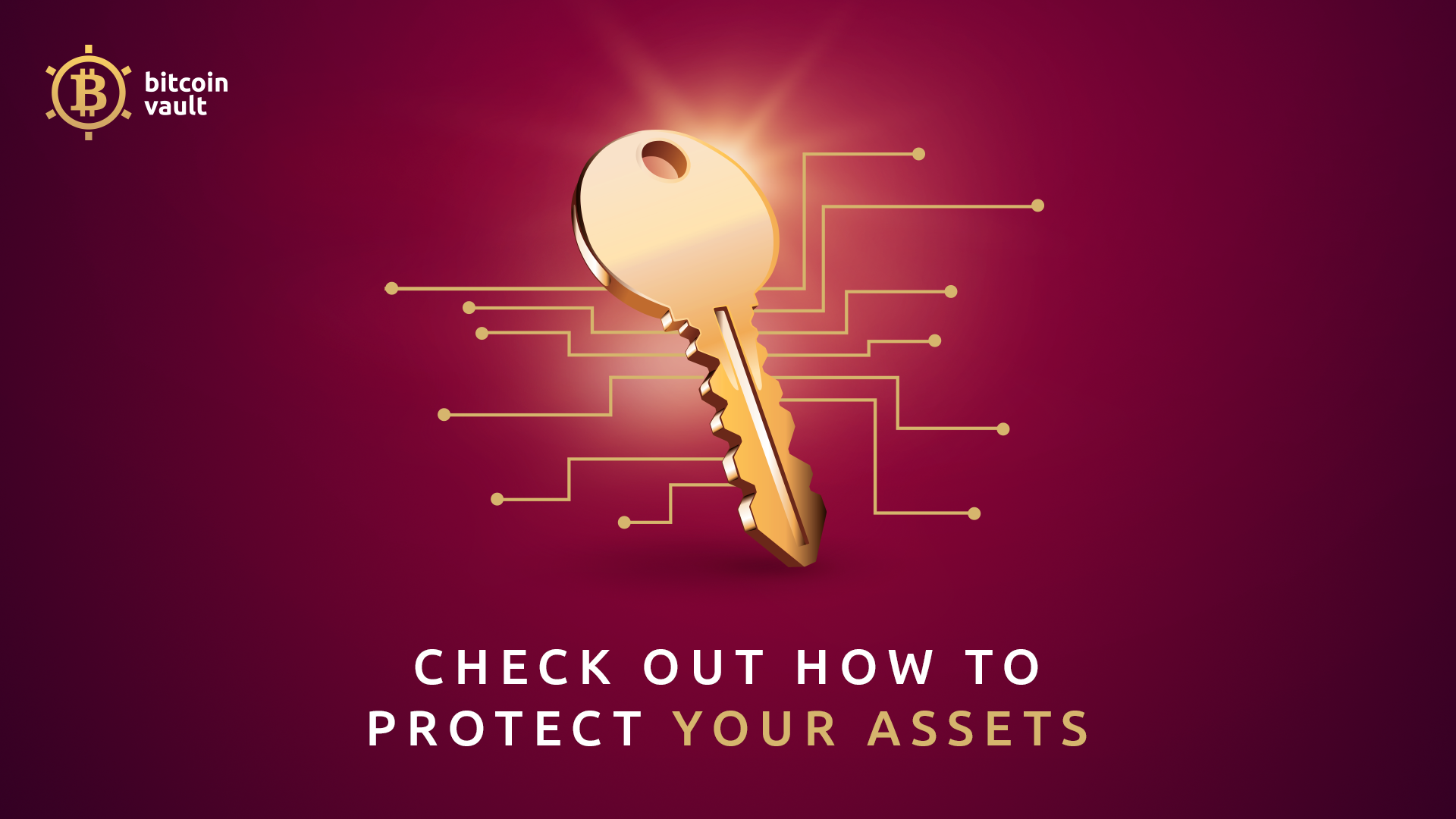
Trust is a fragile thing. It can take years to build but only a moment to snap. This is the tightrope people walk with fiat currency. Market crashes and banking scandals have eroded trust in centralized authorities such as central banks and federal reserves. Fortunately, blockchain technology has made trust obsolete.
Cryptocurrencies were created to turn users into custodians in complete control of their funds. They operate on an open, distributed ledger and a decentralized, peer-to-peer network. Secure cryptography has replaced trusted third parties.
But now, crypto assets are only as secure as you make them. If you are a new user with limited knowledge, the following article could be invaluable.
The newbie’s nightmares
In recent years, cryptocurrencies have experienced exponential growth. This has attracted a new wave of users looking for a piece of the pie. But their inexperience can lead to mismanagement of crypto funds. This is a problem for the whole network. Its decentralized nature means users cannot report a grievance to an institution and resolve such an issue.
The best defense is knowledge. So, let’s look at the best ways to protect your assets.
Safe practices that protect your assets
Graphic suggestion: the following bullet points as Word Art, arranged in the shape of a key.
Users store cryptocurrencies in crypto wallets that can be accessed with a seed phrase, which is the basis of the private key. The owner of that key is the owner of the funds. As such, many safe practices concern the management and protection of these keys.
New users often store their seed phrases and private keys online or in an unsecured location. This gives hackers an advantage. But if there is no internet connection, there is no theft. Offline storage is the only way to ensure the safety of sensitive data and valuable coins.
A cold wallet is an ideal solution. Trezor, a hardware wallet, is one well-known example. Users store private keys on an external device that has minimal interaction with the internet.
Online crypto exchanges are often used to store cryptocurrencies. But in the past decade, USD 2.1 billion has been stolen from exchanges during hacking attacks. Government regulations are reducing the number of hacks, but questionable or disreputable exchanges are still a risk.
The solution? Always have 2FA enabled for your online accounts.
Phishing is a thief’s favorite trick. It targets inexperienced users with fake social media accounts and posts asking them to transfer funds, guaranteeing profits. Various fake websites, mobile apps, and emails prompt you to give up your seed phrases or private keys.
Being vigilant and skeptical of such attempts is vital for the security of your assets. Never give your sensitive data to anyone or send crypto to an unfamiliar address!
It is common for users to make a typo when transferring their funds. This is because a crypto address is a complex chain of numbers and letters. But if you send coins to an incorrect address, they are lost forever! This is due to the immutability of the blockchain.
Double or even triple-check the address you have entered before hitting the “send” button.
Named after the grandfather of all cryptocurrencies, this test is sure to be effective. Basically, users send the minimum transferrable amount of cryptocurrency as a test transaction. This proves whether or not the destination address is correct and the funds were successfully transferred.
Since blockchains are open ledgers, users can easily verify transactions with the help of an explorer. For example, Bitcoin Explorer is a user-friendly tool for navigating blockchain data, including the transaction amount, the address, and the timestamps on the Bitcoin network. The total value of the transaction can be sent after the details have been confirmed.
Enhanced security solutions
As every car owner knows, it’s not enough to just be careful. The most significant risks for experienced blockchain users come from external sources. Thankfully, some projects put enhanced security at their operational core.
Founded by Eyal Avramovich, Bitcoin Vault is driven to deliver enhanced security solutions to its users. Its 3-Key Security Solution is an ingenious way of preserving blockchain immutability while creating an industry first: reversible transactions.
BTCV’s customized ecosystem of apps helps users take advantage of the three keys, giving them more ways to manage their funds.
Key takeaways
Being vigilant, secretive, and detail-oriented can help keep your funds where they belong. But projects that improve overall security could also bring peace of mind.